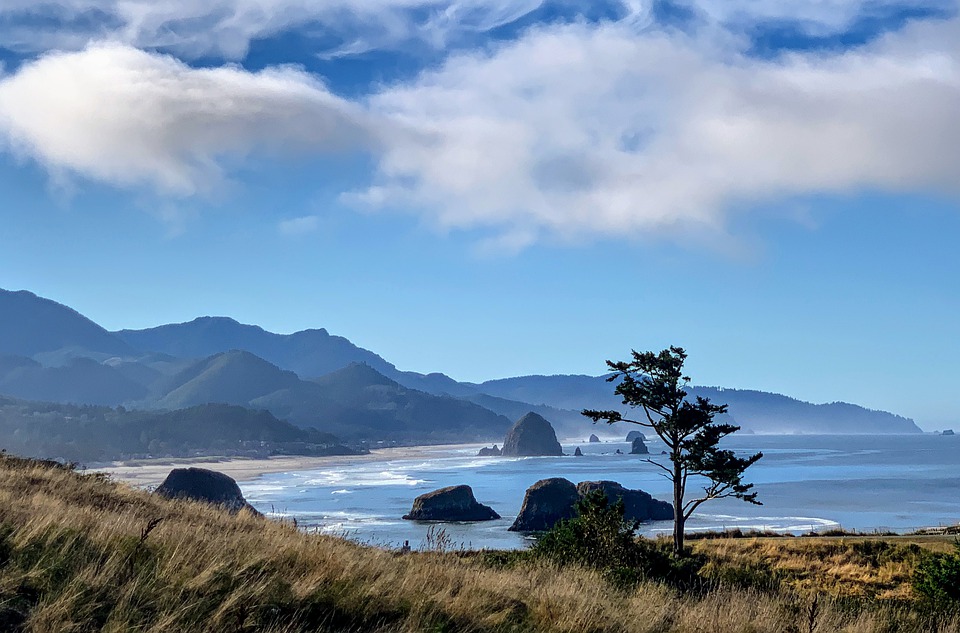The Race for Control: The Controversial Debate Over the Northwest Passage
One of the world’s most iconic waterways, the Northwest Passage has been the subject of intense debate and controversy in recent years. The passage, which connects the Atlantic and Pacific Oceans through the Arctic Ocean, has long been sought after for its potential as a shortcut for shipping between North America and Asia. However, the region’s changing climate and melting sea ice have now made the passage increasingly accessible, leading to a new race for control over this strategically important waterway.
The Historical Significance of the Northwest Passage
The Northwest Passage has been a coveted route for explorers and traders for centuries. European explorers searched for a navigable route through the Arctic in hopes of finding a shortcut to Asia. In 1906, Norwegian explorer Roald Amundsen became the first person to successfully navigate the entire Northwest Passage, a feat that had eluded explorers for centuries.
Throughout the 20th century, the region’s harsh climate and thick sea ice made the passage largely impassable for most of the year. However, as global temperatures have risen and the Arctic ice cap has begun to melt, the passage has become increasingly accessible. This has sparked a new race for control over the region, with countries vying for influence and access to the valuable resources that lie beneath the Arctic waters.
The Legal Debate Over Ownership and Control
One of the key points of contention in the debate over the Northwest Passage is the question of ownership and control. Under international law, the passage is considered an international strait, meaning that it should be open to all countries for transit. However, some countries, including Canada, argue that they have territorial rights over the passage and should be able to regulate and control access to it.
Canada’s claim to the Northwest Passage is based on the argument that the passage is an “internal waters” route that falls within its territorial boundaries. The Canadian government has declared that it has the right to regulate and control access to the passage, including requiring foreign ships to seek permission before transiting through it. This has led to tension between Canada and other countries, particularly the United States, which views the passage as an international strait that should be open to all.
The Geopolitical Stakes Involved
As the race for control over the Northwest Passage heats up, the geopolitical stakes involved have become increasingly high. The region is believed to hold vast reserves of oil and natural gas, as well as valuable minerals such as gold, copper, and diamonds. In addition, the passage’s strategic location makes it a valuable route for shipping between North America and Asia, potentially cutting weeks off the journey and saving billions of dollars in shipping costs.
Countries such as Canada, Russia, the United States, and China have all sought to assert their influence and control over the region, leading to increased tensions and competing claims. Russia, in particular, has been aggressive in staking its claim to the Arctic, conducting military exercises in the region and asserting control over key shipping lanes. This has raised concerns among other countries, particularly the United States, about Russia’s growing influence in the region and the potential for conflict.
The Environmental Impact of Increased Shipping
One of the major concerns surrounding the race for control over the Northwest Passage is the potential environmental impact of increased shipping in the region. The Arctic is already experiencing the effects of climate change, with rising temperatures leading to melting sea ice and changing ecosystems. Increased shipping in the region could further exacerbate these effects, leading to increased pollution, the risk of oil spills, and disruption to marine life.
In addition, the noise and disturbance caused by increased shipping could have a detrimental impact on the region’s wildlife, including whales, seals, and polar bears. The delicate Arctic ecosystem is already under threat from climate change, and increased shipping could further endanger the region’s unique biodiversity.
The Need for International Cooperation
Given the complex and multifaceted nature of the issues involved in the debate over the Northwest Passage, there is a growing recognition of the need for international cooperation and dialogue. Countries with claims to the region must work together to find a peaceful and sustainable solution that takes into account the interests of all parties involved.
Efforts to establish a framework for cooperation and dialogue have been made through organizations such as the Arctic Council, which brings together Arctic states to discuss issues related to the region. However, more needs to be done to address the competing claims and interests involved in the race for control over the Northwest Passage.
Ultimately, the future of the Northwest Passage will depend on the ability of countries to work together to find common ground and ensure the sustainable development of the region. As the race for control over this strategically important waterway continues, it is essential that all parties involved prioritize cooperation, transparency, and environmental protection to ensure the long-term viability of the Arctic region for future generations.
Conclusion
The race for control over the Northwest Passage is a complex and contentious issue that has far-reaching geopolitical, environmental, and economic implications. The changing climate and melting sea ice in the Arctic have made the passage increasingly accessible, leading to increased competition and tension among countries seeking to assert their influence and control over the region. As the debate over ownership and access to the passage continues, it is essential that countries work together to find a peaceful and sustainable solution that takes into account the interests of all parties involved.
